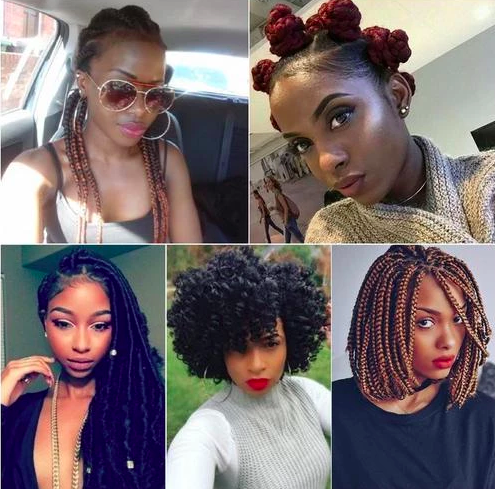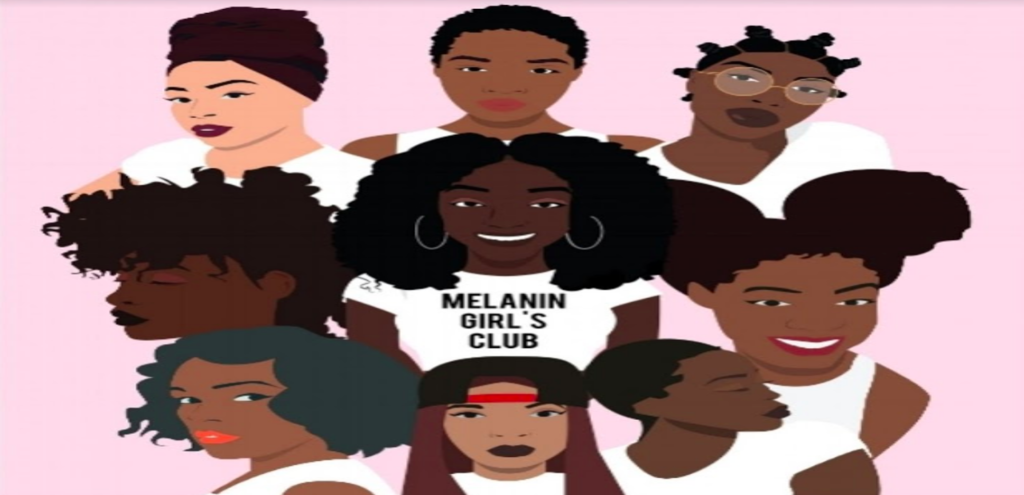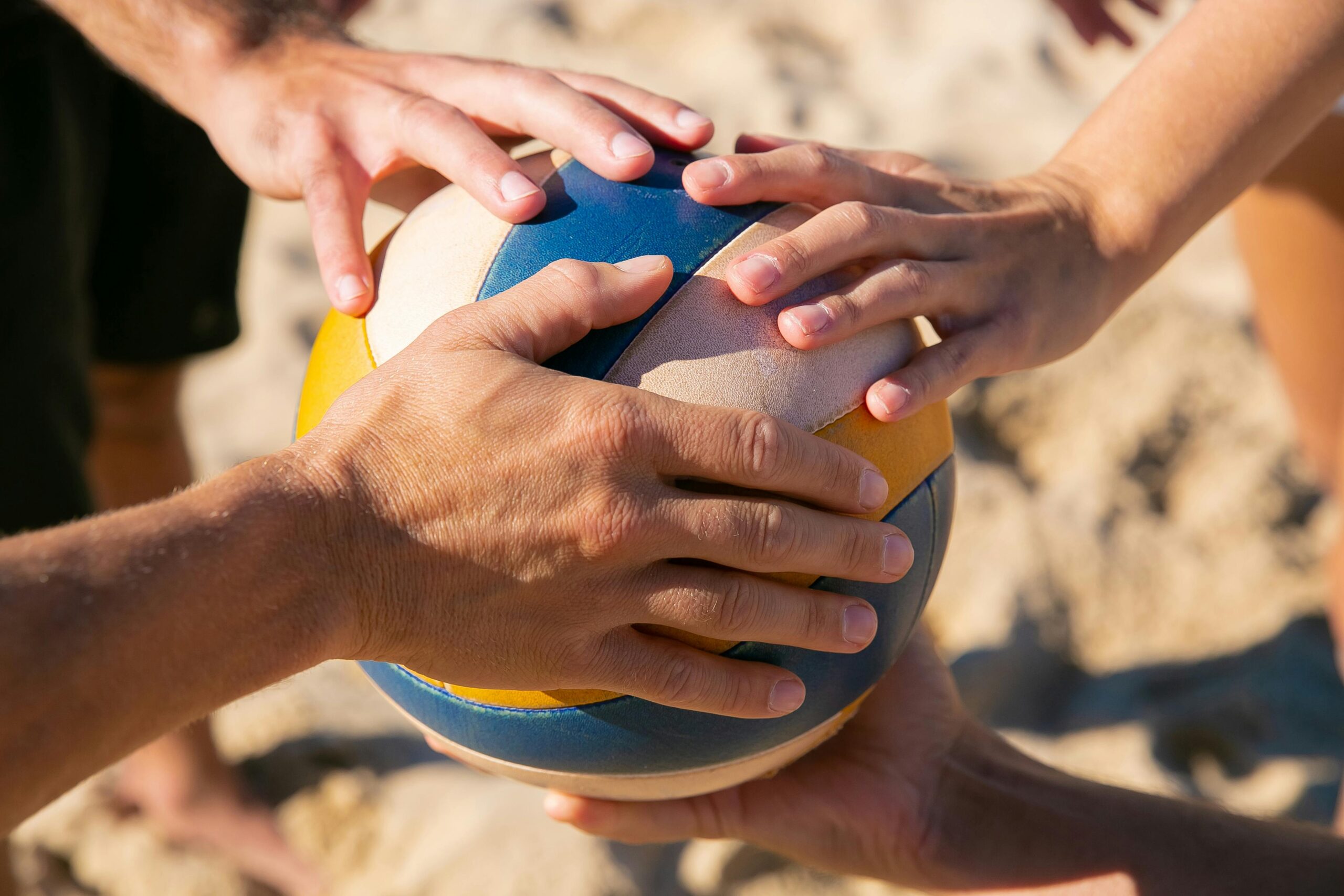BY: Kaleria Jackson
Hair is a discussion, but to be more specific, black hair is a discussion. It’s an argument, and it’s a lifestyle. It is the story that is never ending and changes over time. Hair in the black community can connect the most unlikely of people together. Our hair binds us together, whether we know it or not. It’s almost like a fingerprint–we all have one, but one person’s hair is not the same as the next person’s hair.
Black hair varies from curls to zig zags. Every curl pattern is different, but there is a chart that tries to breakdown the most typical types of curls and put them into sections. Each hair type requires a different hair treatment to go along with it. Even then, that treatment may not work for your hair.
Let’s go even further to the terms of “relaxed” and “natural”. Having hair that that is “relaxed” or permed means that your hair is chemically straightened. In other cultures, getting a perm means to get a permanent curl or wave in one’s hair. Being “natural” means not having your hair altered by any chemicals.
Decades ago, in order to live up to the European standards of beauty, having straight hair was what people in the black or African American community had to do. As times have changed, the connotation of what getting a perm means has changed. I have learned that to have a perm in today’s society is some people’s way of not knowing how to deal with their own hair in its natural state.

As we wear our hair, it tends to become fragile, especially towards the ends. In order to protect our hair from breakage, we keep our hair in a protective style. A protective style is a style that tucks the ends of the hair away in order to grow healthier hair. Some of the most known protective stylings are braids, twists, up-dos (buns), sew-ins, and wigs.
With black hair, we don’t have the freedom to be carefree about our hair, especially when it comes to societal standards. The negative connotation of black hair means going to interviews and being prejudged by our natural curls. Many black people have been denied jobs, and children have been suspended from school due to wearing their natural hair. It even goes so far that a young boy, Andrew Johnson, was forced to cut his locs or forfeit his wrestling match. There are schools that have been implementing natural hair bans. Our hair has been viewed as unkempt, nappy, or too urban by a society that does not understand our hair. Having a different texture of hair requires an emotional factor that each person deals with on some type of level.
This one article will not be able to discuss everything about black hair, but hopefully it will give a bit of context to what our hair represents to us as individuals and as a community. We live with a different texture that defies the laws of gravity, and it is hard when there is not a book that gives you all of the answers.
https://www.crresearch.com/blog/connection-between-hair-and-identity-black-culture
https://www.naturallycurly.com/curlreading/protective-styles/what-are-protective-styles




